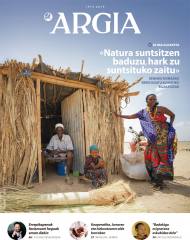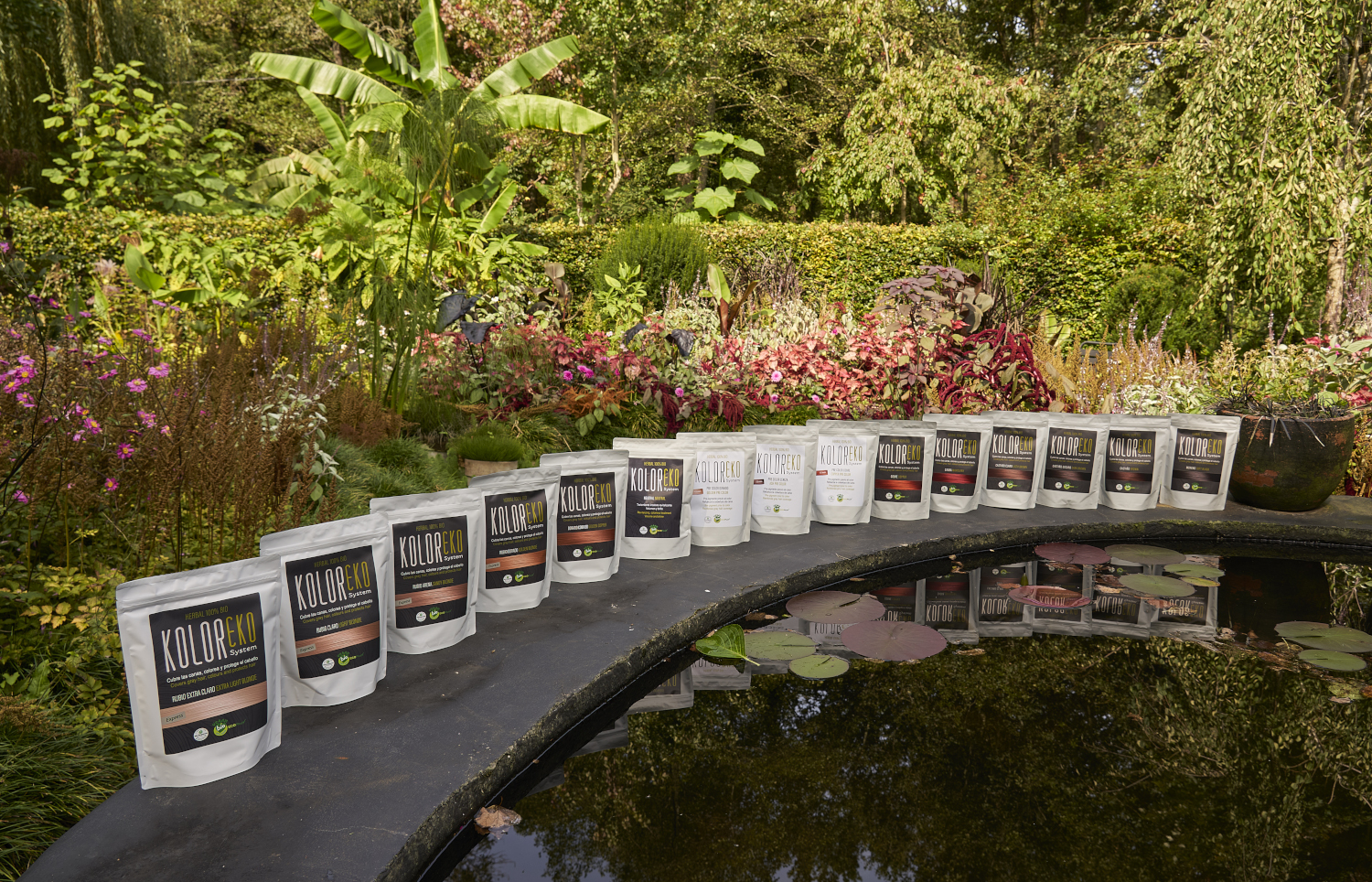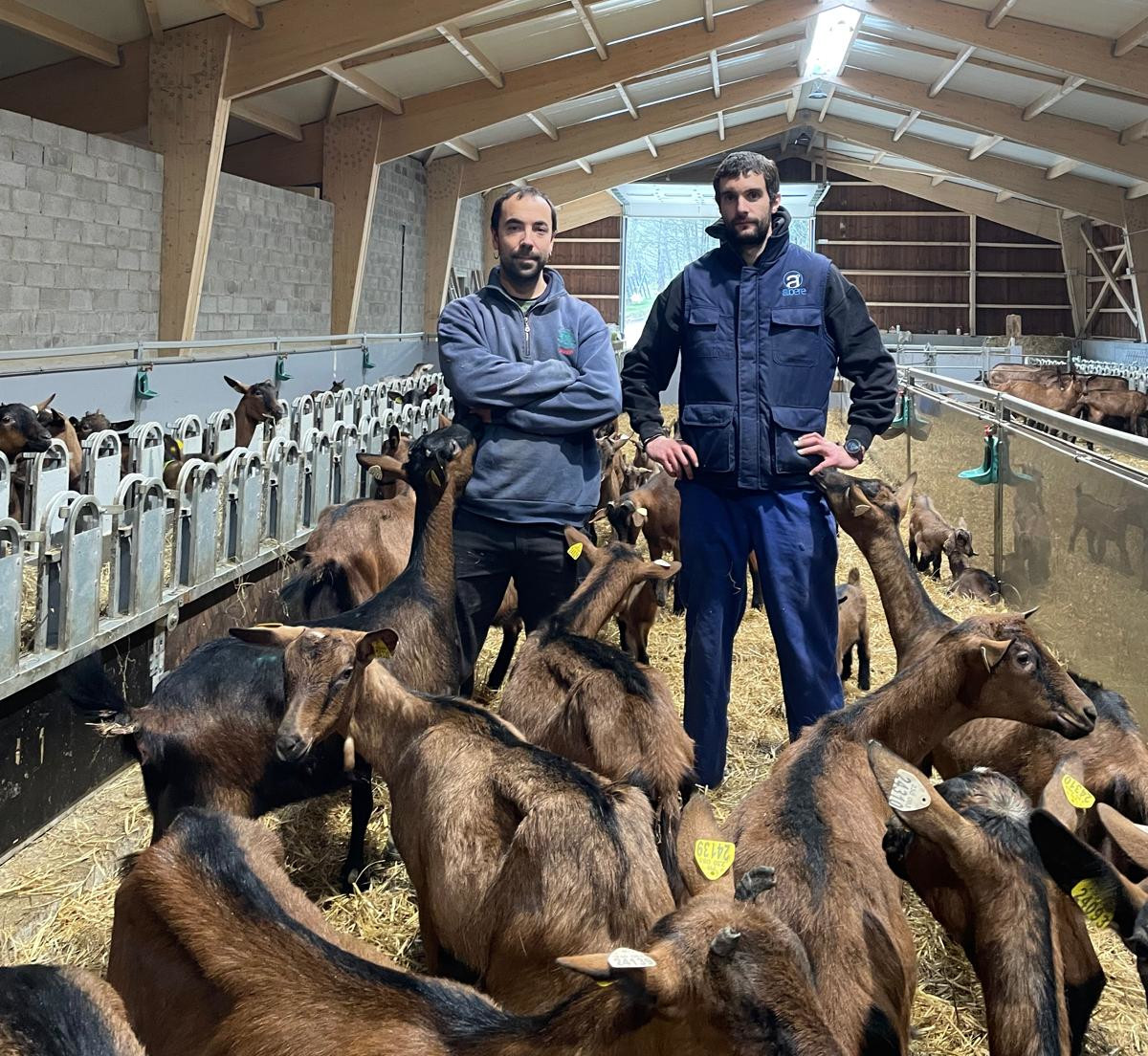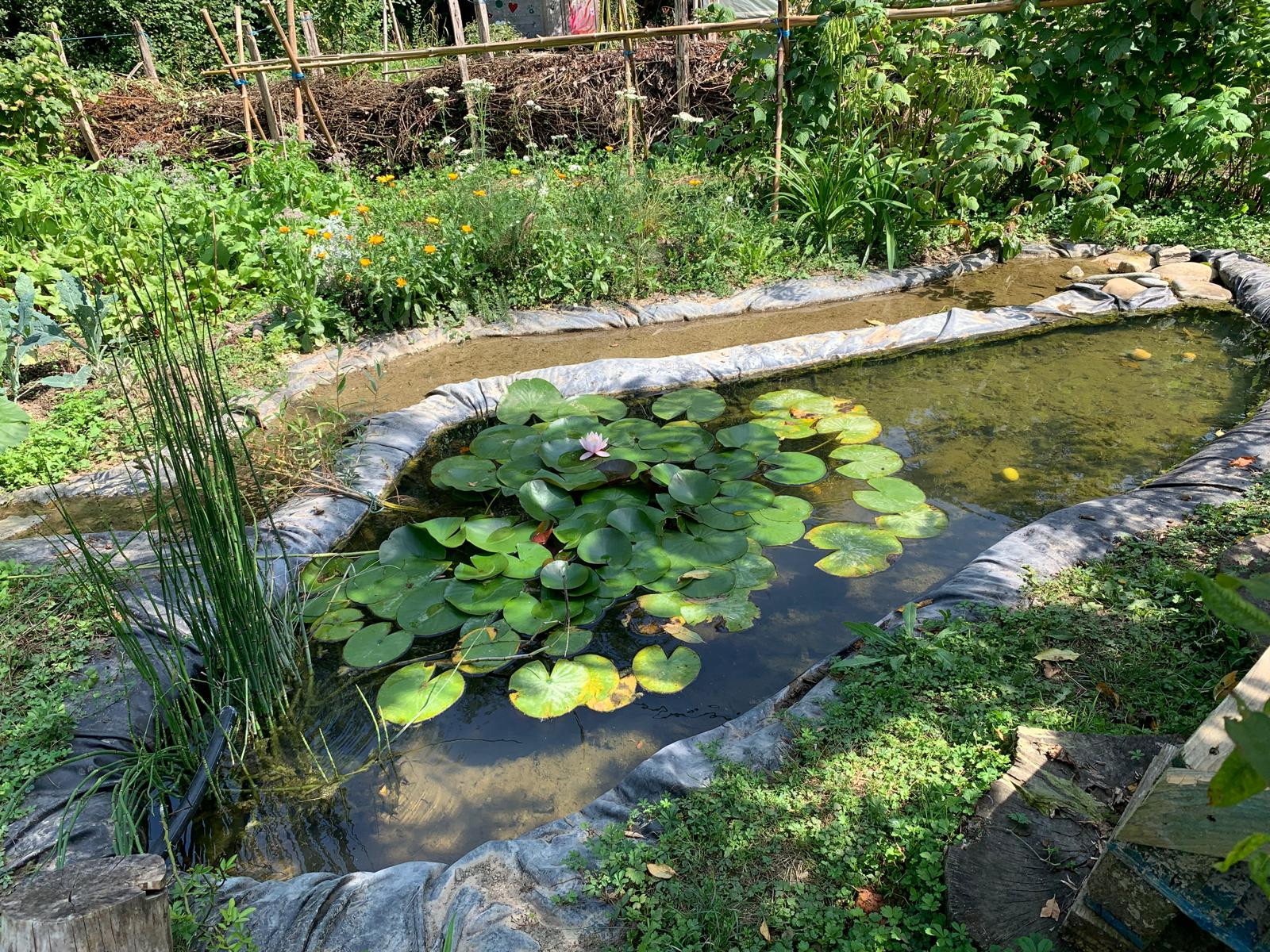The Zinelur cycle unites cinema and agriculture

From 5 to 7 November a film series was held at the Filmoteca de Navarra, organized by INTIA and Reyno Gourmet: Zinelur. Pamplona/Iruña has hosted screenings and debates on various documentaries linked to agriculture and food to build bridges between rural and city areas.
Project created by semi-sustainability
INTIA members met Navarre filmmaker Patxi Uriz, who has been film director, a few months ago. Uriz, who was immersed in the recording of the documentary about the last horticulturists of Tudela's Mexican, came up with the members of the INTIA institute that it would be interesting to organize a cycle through this close person.
It was the filmmaker himself who proposed three days of films for this edition of the festival. “We know some agriculture, perhaps, but very little cinema,” explains Juanma Intxaurrandieta, a member of INTIA. Technicians and employees of this institute have collaborated with Uriz in organizing the first edition of the Zinelur cycle.
Sample of the gross reality of the rural environment
The Filmoteca de Navarra has welcomed every day the screening, presentation and debate of a documentary film on the subject. The first day the documentary was released Since the world is a world, a film that tells the story of a family of Castilian farmers in the Basque Country. In the second, the film Aroak was invited: “It is a film written in Bizkaia on the evolution of agriculture and rural environment through the experiences of ten people.” The last day was the turn of Patxi Uriz's The Last of the Mexican. The directors and protagonists of the documentaries have been present in the cycle, and after the projections there have been interesting debates.
The organization explains that the three films represent the current harsh reality of agriculture and the rural environment, with a rather nostalgic perspective. He adds that in future editions they will have the opportunity to discuss the alternatives: “I want to think that this difficult reality today will not be an eternal trend and that from now on we will create new paths.”
Duela lau urte abiatu zuten Azpeitian Enkarguk proiektua, Udalaren, Urkome Landa Garapen Elkartearen eta Azpeitiako eta Gipuzkoako merkatari txikien elkarteen artean. “Orain proiektua bigarren fasera eraman dugu, eta Azkoitian sortu dugu antzeko egitasmoa, bere izenarekin:... [+]
Donostiako Amara auzoko Izko ileapaindegi ekologikoak 40 urte bete berri ditu. Familia-enpresa txikia da, eta hasieratik izan zuten sortzaileek ile-apainketan erabiltzen ziren produktuekiko kezka. “Erabiltzaileen azalarentzat oso bortzitzak dira produktu gehienak, baina... [+]
Ubidekoak (Bizkaia) dira Imanol Iturriotz eta Aritz Bengoa gazteak. “Lagunak gara txikitatik, eta beti izan dugu buruan abeltzaintza proiektu bat martxan jartzeko ideia”, azaldu du Iturriotzek. Nekazaritzari lotutako ikasketak izan ez arren, baserri munduarekin eta... [+]
Iruñean bizi ziren Iñaki Zoko Lamarka eta Andoni Arizkuren Eseberri gazteak, baina familiaren herriarekin, Otsagabiarekin, lotura estua zuten biek betidanik. “Lehen, asteburuetan eta udan etortzen ginen eta duela urte batzuk bizitzera etorri ginen”, dio... [+]
Gipuzkoako hamaika txokotatik gerturatutako hamarka lagun elkartu ziren otsailaren 23an Amillubiko lehen auzo(p)lanera. Biolur elkarteak bultzatutako proiektu kolektiboa da Amillubi, agroekologian sakontzeko eta Gipuzkoako etorkizuneko elikadura erronkei heltzeko asmoz Zestoako... [+]
Emakume bakoitzaren errelatotik abiatuta, lurrari eta elikadurari buruzko jakituria kolektibizatu eta sukaldeko iruditegia irauli nahi ditu Ziminttere proiektuak, mahai baten bueltan, sukaldean bertan eta elikagaiak eskutan darabiltzaten bitartean.






















